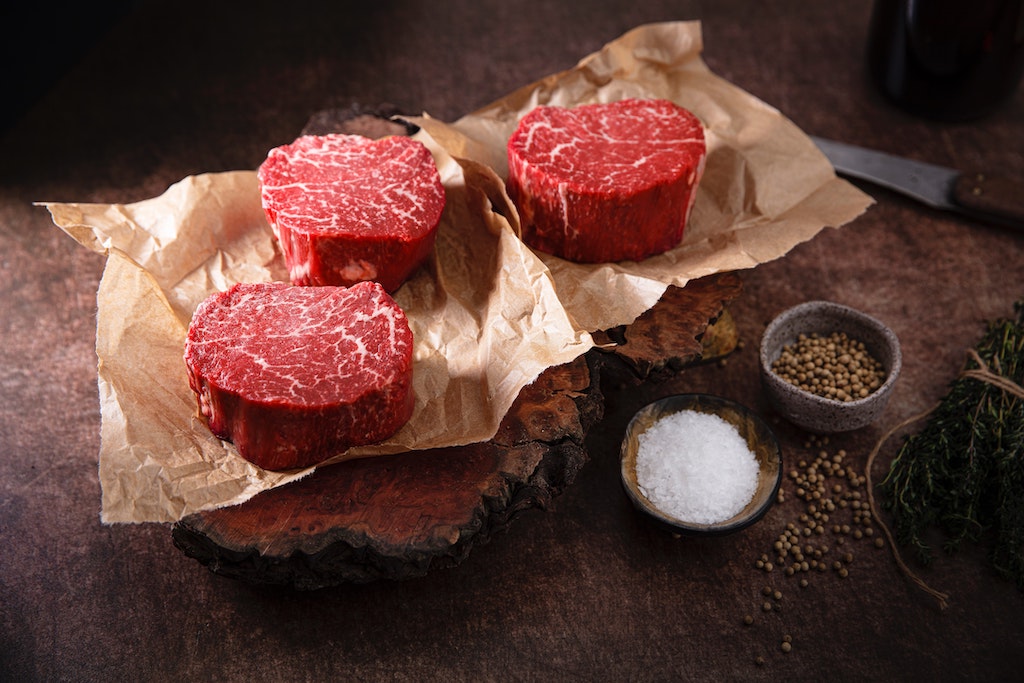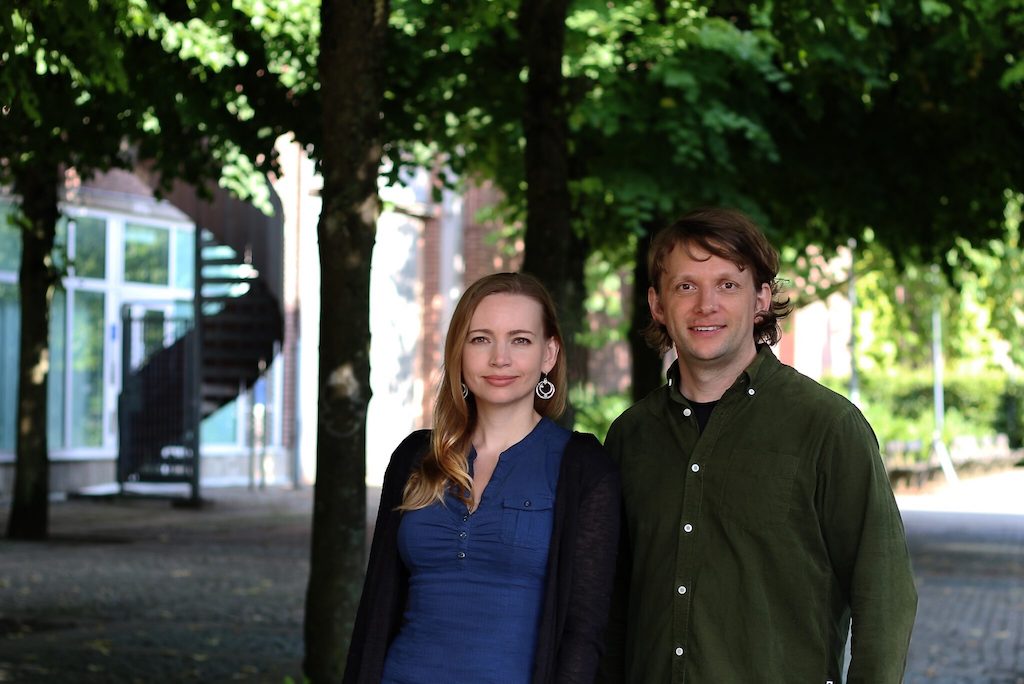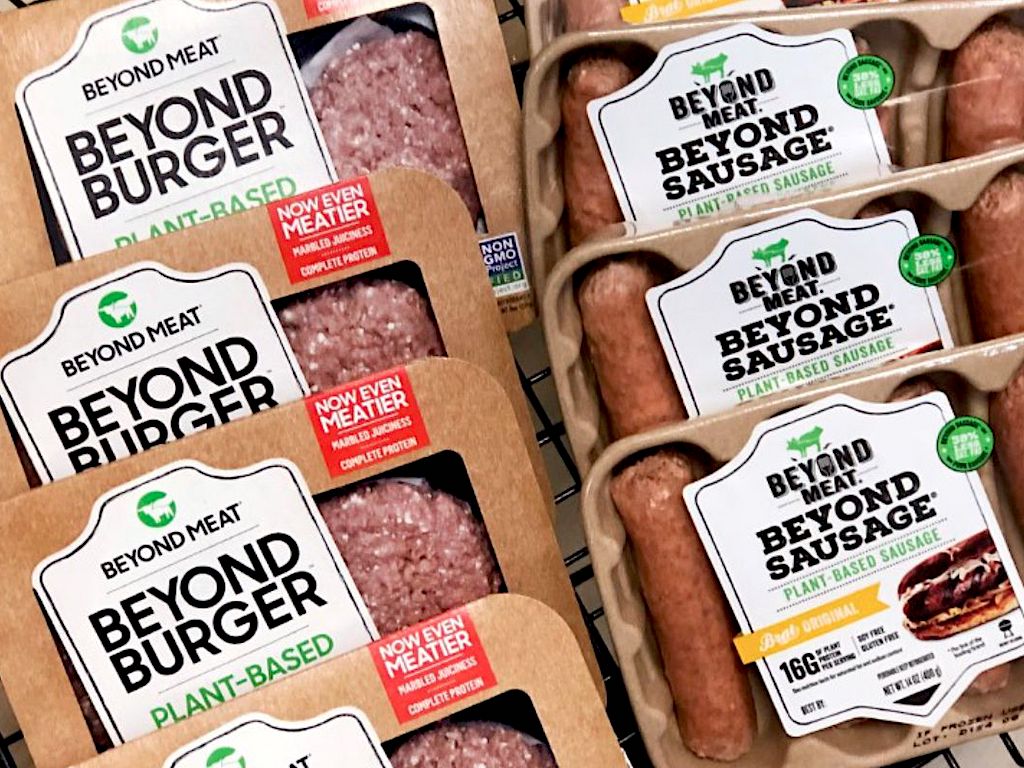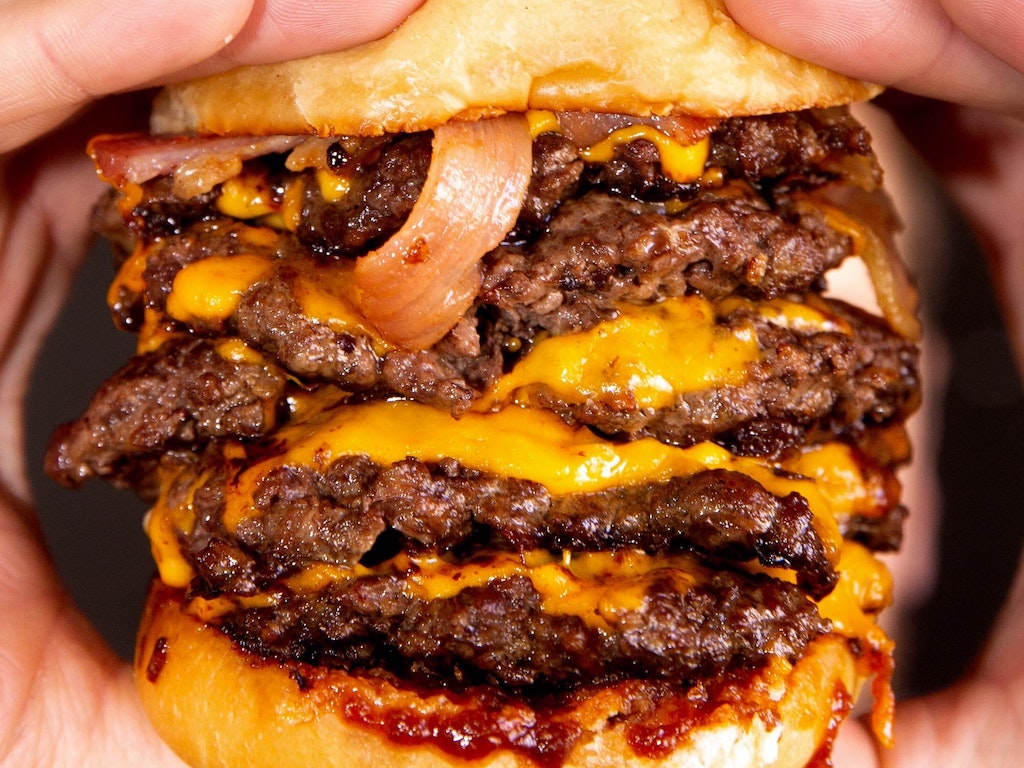4 Mins Read
Melt&Marble, a Swedish company tapping precision fermentation to make sustainable animal-free fats, has secured €750,000 in fresh funds. The seed round proceeds will go towards scaling up the company’s fermentation-based fat platform, which aims to “erase” the taste gap when it comes to plant-based meat alternatives by supplying “delicious animal fats without the animal”.
Swedish precision fermentation startup Melt&Marble has closed €750,000 in a seed funding round led by Nordic FoodTech VC. The round was also joined by PINC, the VC arm of Finnish food giant Pauling, as well as Purple Orange Ventures, and Chalmers Ventures. Formerly known as Biopetrolia, the firm says the fresh capital will be a “kickstart” for its goal to develop an entire platform of designer precision fermentation animal-free fats.
‘Closing the taste gap’
Using precision fermentation, Melt&Marble makes real bioidentical animal fats without the animal—and it believes that this will be the core component to elevating the taste and sensorial experience of plant-based meat, enabling mass consumer adoption of more sustainable proteins.

“Fat is key to the experience of eating a delicious piece of meat,” said founder and CEO Anastasia Krivoruchko. “Because the properties of plant-based fats are different from those of animal fats, the experience of eating many plant-based meats has so far been subpar compared to the real thing. This is something we want to address. With our technology, we can create fats that are identical to animal fats, or even better.”
How Melt&Marble mimics real animal fat using fermentation is done through a process of engineering the very metabolism of yeasts. It’s the same technology that players like Perfect Day are using to create its bioidentical dairy whey proteins, which are now being used to make lactose-free and cruelty-free ice creams, without any cows.
Melt&Marble says it can mimic any fat structure, as well as develop “completely new and better fats” using this technology, which opens up new opportunities for the firm to create tailor-made fats for plant-based brands.
“This could become a booster for the entire industry,” says Krivoruchko.

Melt&Marble to debut prototype by end of 2021
Fuelled with seed funding, the company says that it plans to launch its first animal-free fat prototype before the end of this year. It will be ramping up R&D of its platform, which has been “under development since 2010” with CSO and co-founder Dr. Florian David at the helm. Krivoruchko and David are also joined by co-founder Professor Jens Nielsen of Chalmers University of Technology.
Previously known as Biopetrolia, the startup, which was originally founded as a patent holding firm for the research group, pivoted this year to create its own line of animal-free fats for plant-based meat applications.
“We realized that there was this huge need in the market that our technology, which we’ve already been developing for years, was perfectly suitable to address,” said David, who revealed that Melt&Marble’s first prototype will be a beef-like fat.
After launching its beef fat-mimicking alternative, the company plans to create a whole range of fats to usher in what it dubs as the “next generation of plant-based meats” made for “juicy meat-loving consumers”.
Shifting away from coconut and palm oil

For lead investor Nordic FoodTech VC, the solution that Melt&Marble is offering will not only satisfy the taste aspect when it comes to plant-based meat. As the demand for healthier, vegan meat alternatives continues to grow, so will the demand for fats and oils that are key components in plant-based meat production—and this could lead to unintended unsustainable consequences.
Currently, the main fats used in vegan analogues include palm oil and coconut oil, the production of which has been connected to harmful impacts on tropical biodiversity.
“With the rate that plant-based meat is growing at, there won’t be enough coconut trees to sustain the demand,” commented Nordic FoodTech VC partner Lauri Reuter. “If we are to replace a meaningful part of animal production with plant-based meats, we need a more sustainable and scalable source for fats.”
Melt&Marble isn’t the only firm developing animal-free sustainable fat solutions. Other players in the space include Australian startup Nourish Ingredients, which secured $11 million earlier this year for its precision fermentation platform “brewing” alternative fats and oils.
Some are using cellular agriculture technology to grow animal fats directly from animal cells, such as London-based Hoxton Farms and Barcelona’s Cubiq Foods.
Lead image courtesy of Unsplash.




